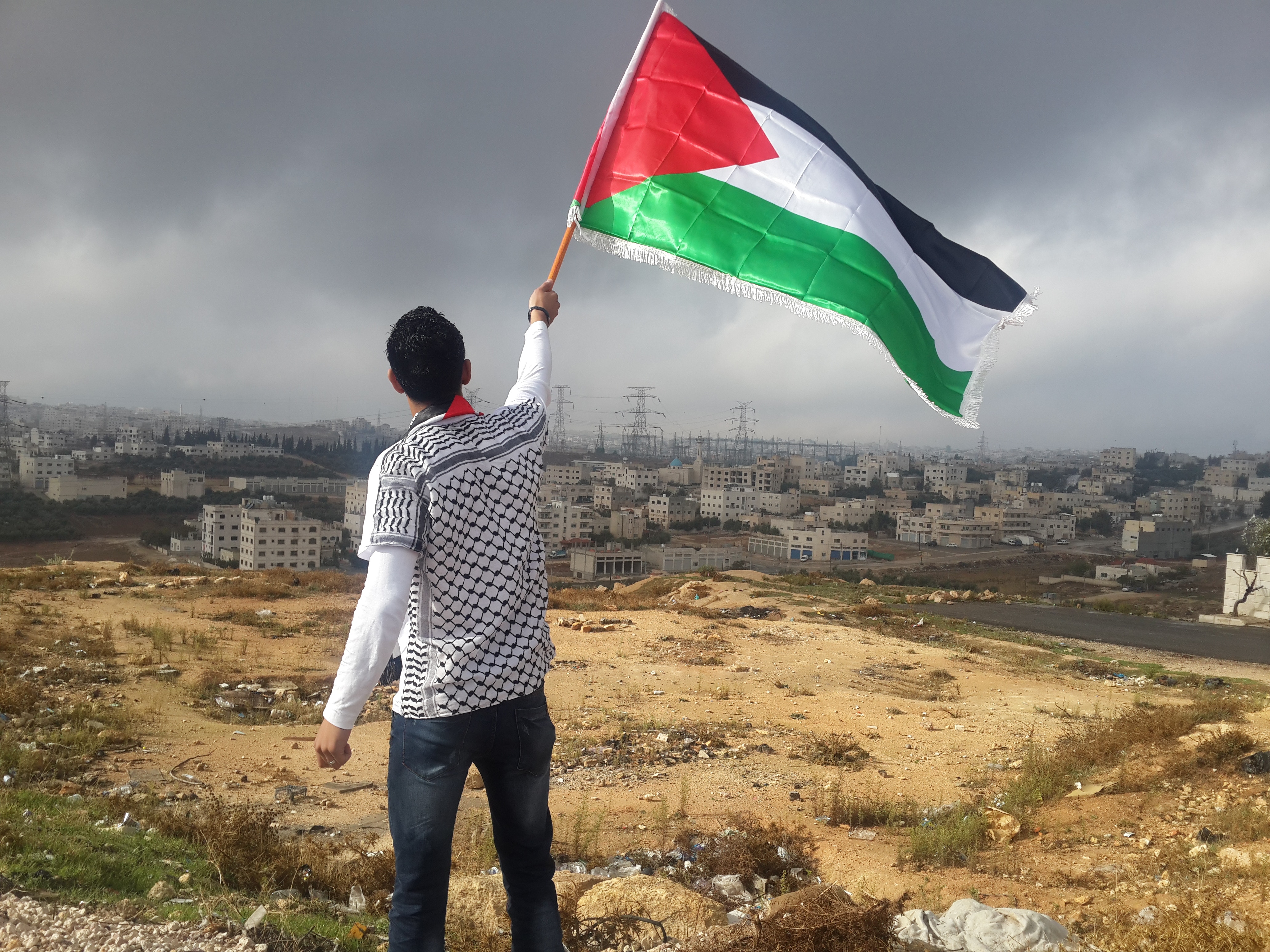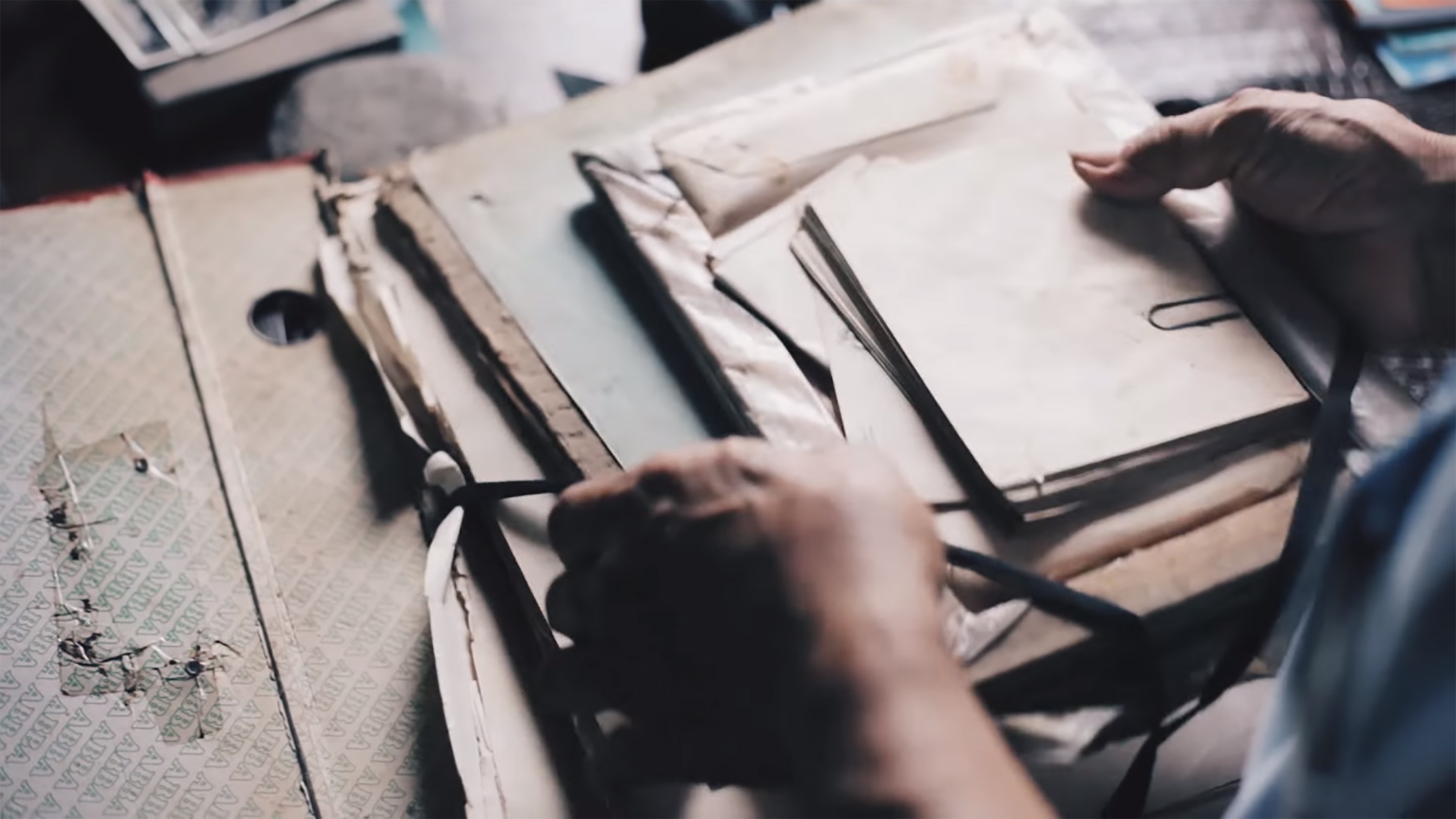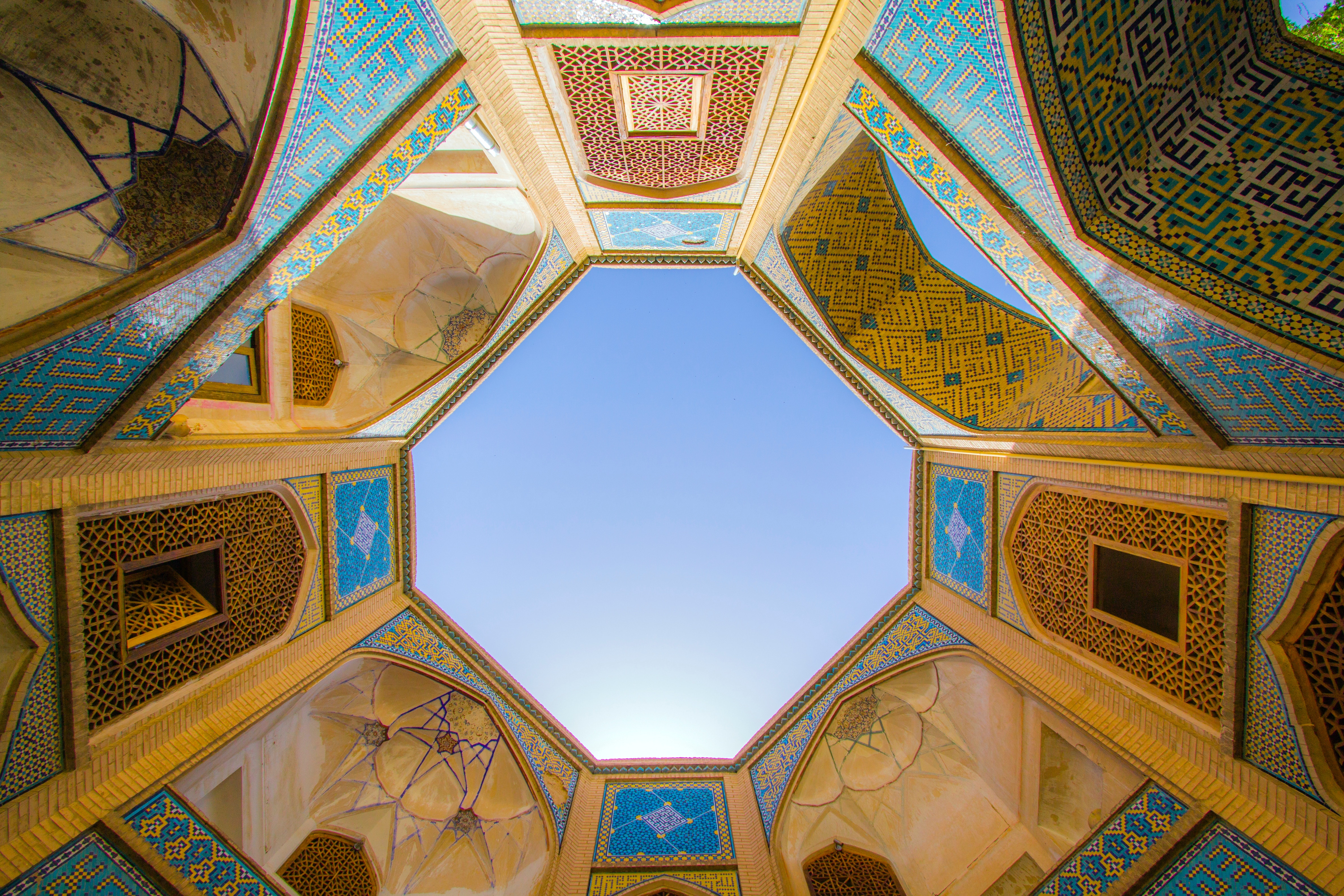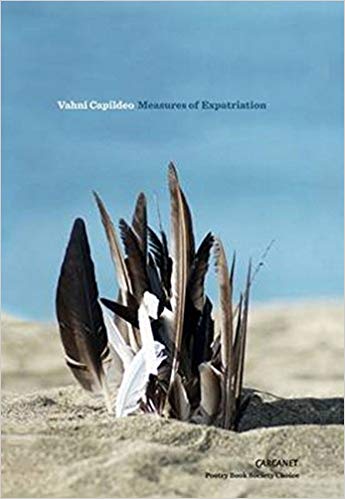Poetry
Poetry is often cited as the most ‘primary’ and original of literary practices as well as the one that suffers most through translation. As such our ways of thinking about poetry in debates on World Literature are laced with both unique advantages and challenges compared to other prose genres.
In our discussions of poetry we try to focus on dynamic relationship between the oral and textual histories of poetry as well the ways that new digital platforms can restage the public performance of poetry in more private, screen-time settings. Through this tag, our readers may browse through the various ways that our contributors and collaborators have thought about the position of poetry in World Literature. In particular, our poetry section also features one of our more important contributions to the field of World Literature, a collection of original translations of Urdu poetry by poets writing from 1935 – 1970 by Carlo Cappola.
MULOSIGE Reading List: International Solidarity and World Literature
This reading list was contributed by Dr Anna Bernard and challenges the choice between nation and transnationalism that has often seemed central to theorizations of world literature, but which has tended to bypass internationalist networks of anti-colonial writers working within discrete national contexts.
Conference: The Poetics and Politics of Writer-Activism in the Global South
MULOSIGE is co-organising the conference "The Poetics and Politics of Writer-Activism in the Global South: Between Local Engagement and World-Making Solidarities" with The University of Mohamed V, Faculty of Letters and Human Sciences; Rabat, Morocco, 16-17 April 2020.
MULOSIGE Reading List: Re-Orienting Modernism, Mapping East-East Exchanges
Assistant Professor Levi Thompson (University of Colorado, Boulder) offers a reading list to re-orient conceptions of modernism, drawing on East-East exchanges.
MULOSIGE Reading List: The Poetics of the Orphan In Postcolonial Literature
Matt Reeck (UCLA) offers a guided reading list to interrogate the "Poetics of the Orphan in Postcolonial Literature".
Vahni Capildeo: The Mother Tongue is an Evil Myth
Is there such thing as a single language? Capildeo's poetry emphasises linguistic multiplicity even in monoglot societies.
Writing Rumi in Whitman’s Image: On Coleman Barks, and the Appropriation of Rumi’s Poetry
Barks looks to create a rendition of Rumi that is intelligible to him. This endeavor manifests as a form of Orientalism, however subtle: it is Barks’ project to create Rumi and Rumi's poetry in his own image.







